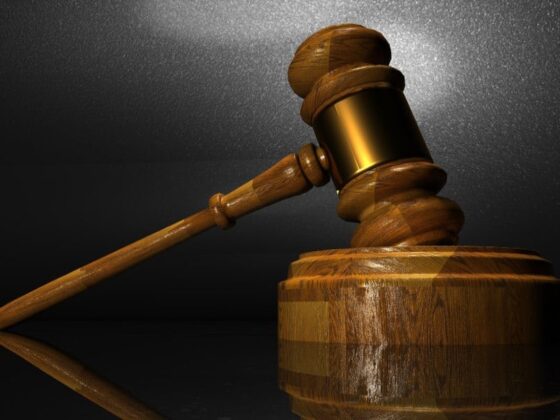If you have been seriously injured in an accident that was not your fault, it is completely normal to feel frustrated and afraid. Dealing with physical pain and emotional trauma can be overwhelming, especially when you know that the accident could have been prevented.
Bad accidents can result in hefty medical bills that you may not be able to pay especially if you are missing work or losing wages. This is very frightening and can cause a lot of stress, which may slow down your healing process.
If you have recently had an accident, we strongly recommend searching for the best Pennsylvania injury attorneys who have a wealth of experience in handling these types of cases. Personal injury attorneys assist accident victims to receive fair compensation for all medical bills (current and future), lost wages due to inability to work, property damage, and everything else.
In the article below, we’ll try to share a comprehensive guide to personal injury law in Pennsylvania so that you can know how to protect your legal rights to full and fair compensation.
Pennsylvania Rules And Statues
If you wish to have a successful claim, you will need to follow the Pennsylvania rules and statutes governing personal injury. If you fail to follow the rules, you might not receive compensation. The statute of limitations is a very important law to follow. You will have 2 years from the date of the injury to bring your claim or file your lawsuit. You may not get help if you contact your lawyer less than a week before this deadline. Before this deadline, some steps take time.
You need to start the discovery process and collect evidence immediately so that witnesses don’t forget important information. You must notify a municipality that you plan on filing a claim.
It is crucial to understand the importance of timely notification when it comes to filing an insurance claim after an accident. Insurance companies have specific policies in place, and one of the most common requirements is that you must notify them within a certain timeframe, typically six months from the date of the incident.
Also, keep in mind that you will not be compensated if you file your claim two years after the injury; this is the biggest mistake you can make. Therefore, don’t wait but act as fast as you can.
Pennsylvania has a modified comparative negligence law. The modified comparative negligence rule in Pennsylvania allows you to still receive compensation even if you were at fault for an accident that led to your injury. You may have been driving a bit too fast when you were hit on the highway, on your phone while you fell at the supermarket, or not checked clearly before crossing the road.
You can still collect compensation but it will be reduced based on the percentage of fault that you were found to have. You will not be able to receive 20% of the $10,000 award if you were found at fault for 20% of your accident. You would receive only $8,000. You will not be eligible for any compensation if you are found at fault by 50% or more.
How To Determine Whether You Have A Valid Claim
When it comes to pursuing a legal claim, it’s important to determine whether or not you have a valid case. This way, you won’t waste your time and money. The first step is to identify the type of claim you are making and the legal requirements for that specific claim.
From there, you’ll need to gather evidence and documentation to support your case. It’s crucial, to be honest about the strengths and weaknesses of your claim and to consider all possible defenses that the other party may raise. Consulting with an experienced attorney can be invaluable in helping you determine the validity of your claim. They’ll also guide you throughout the legal process.
Different Types Of Personal Injury Cases
Personal injury cases can be a difficult and emotional experience. Medical malpractice, car accidents, and slip and falls are some common types of personal injury cases. In car accidents, victims may suffer injuries ranging from cuts and bruises to more severe injuries like spinal cord or brain injuries.
Slip and fall cases can occur in many places, such as on sidewalks or in stores due to negligence of the property owner. Medical malpractice cases occur when a medical professional fails to provide adequate care to a patient, resulting in injury or further illness. Regardless of the type of personal injury, it is important to seek the right legal representation to help you receive the compensation you deserve.
In Closing
Pennsylvania’s personal injury law affords injured parties the right to seek justice and compensation for damages caused by another.
Different types of personal injury cases are available, including medical malpractice, product liability, and workplace injuries. If you have been injured and believe you have a claim, you should consult with an experienced Pennsylvania personal injury lawyer who can help evaluate your case, provide legal advice, and help ensure that your case is handled properly.










